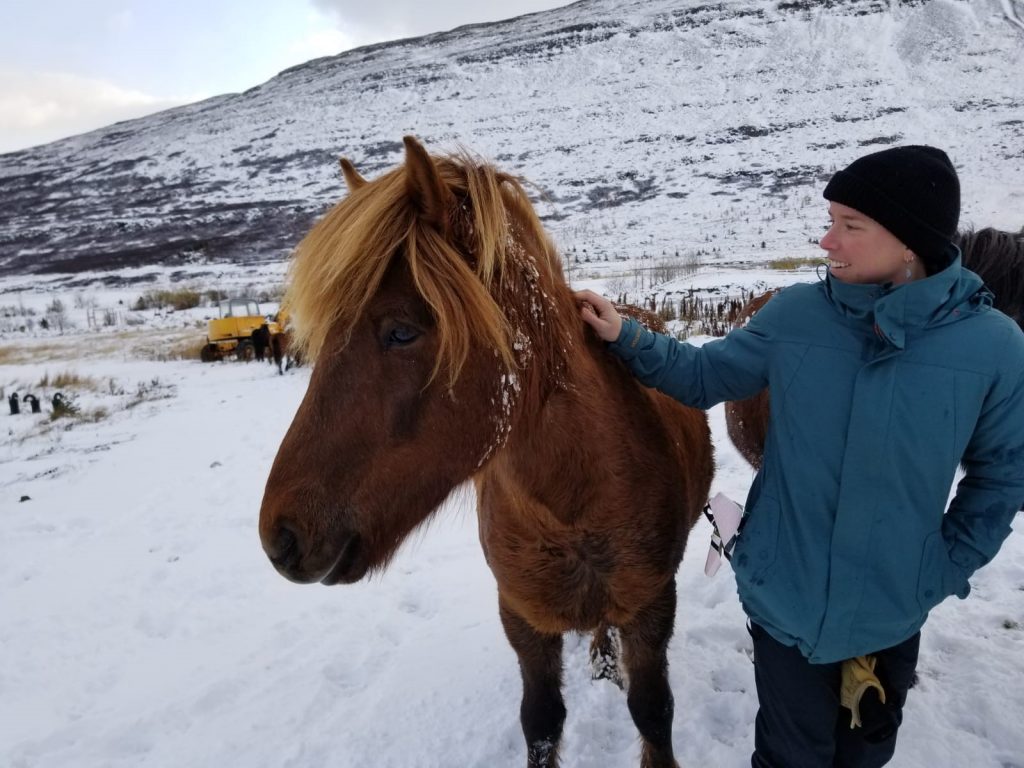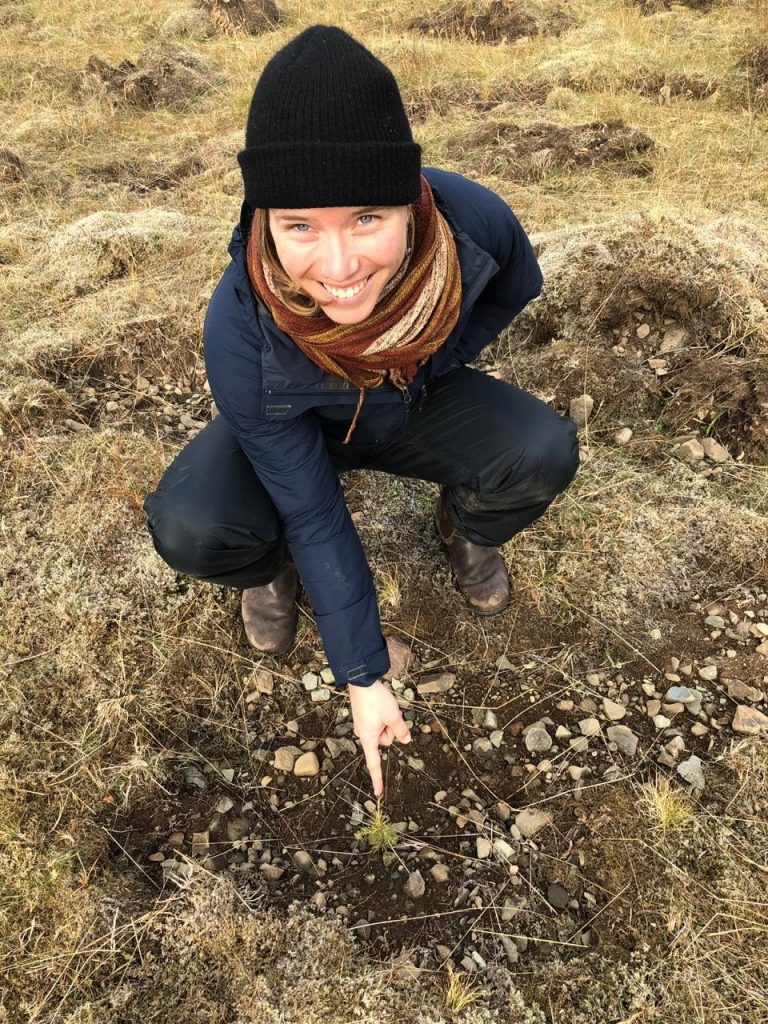SIT alumna pens chapter for Vermont Alimate Assessment
Study examines human health-environment link
January 12th, 2022 | Careers, SIT Graduate Institute

The Human Health chapter of the Vermont Climate Assessment is not light reading. From household mold to tick-borne diseases to the effects of extreme weather on mental health, the chapter spells out in frank and uncluttered terms what Vermonters can expect from a warming climate.
“The myriad effects of climate change impact every part of the human body in one way or another, and climate change effects also disrupt health systems, supply chains, and health infrastructure,” the introduction declares. The Human Health chapter is part of a 500-page assessment, published in November, detailing the myriad ways climate change will impact Vermont.
While the unvarnished information is not comforting, that’s part of its power. Addressing health and nine other subjects in separate chapters, the assessment is an urgent call to action to address climate change, and an invaluable tool for policymakers.
The idea of the overlap between climate and human health lodged in my brain.
That’s one reason why SIT Climate Change & Global Sustainability alumna Stephanie Clement decided to spend a year and a half volunteering to be the primary writer of the health chapter. “The assessment is there to inform policy making. The folks who are creating policy for Vermont’s Climate Action Plan are referencing our chapters. So, it is a critical tool for policy assessment,” says Clement.
The assessment got a lot of attention when it was released in November. “The feedback has been amazing,” Clement says. “It’s empowering to be referenced and questioned, and to engage in intellectual conversations about real-life issues. This is tangible and real – those are the things I joined SIT for.”
Just a little more than two years ago, Clement was hiking across glaciers in Iceland and studying coral reefs in Zanzibar as part of the small second cohort of SIT’s Climate Change and Global Sustainability MA program.

One of the great things about travel—something SIT knows very well—is that it completely upends your comfort and known existence in the world.
The daughter of an international development worker and an SIT TESOL alumna, Clement was familiar with SIT’s approach to education. She grew up in Africa and the Middle East, studied international development as an undergrad at McGill University, and served with the Peace Corps in Zambia, where she began to pay closer attention to the intersection of health and the environment.
“The idea of the overlap between climate and human health lodged in my brain. People are so dependent on land and environment; it’s hard to separate human well-being and health and environment and health,” she says.
With its trans-continental focus on the intersection of natural and social sciences, SIT’s program seemed like a logical fit for Clement. The SIT program features a small cohort and direct access to the program chair, Dr. Jonathan Walz, and other professors.
“One of the great things about travel—something SIT knows very well—is that it completely upends your comfort and known existence in the world, what you know and rely upon. You have to readjust and learn. Iceland was so foreign to me. I had never been to a northern country like that. It kept me on my toes. That contrasted so strongly with Zanzibar, tropical, south of the equator, with heat, humidity, and so many people. That juxtaposition keeps you constantly alert and aware and learning about your environment.”
The third semester of the Climate Change program is a practicum designed to be carried out anywhere in the world. Clement originally had intended to do hers in an agro-forestry program in Senegal, but COVID-19 disrupted that plan. Instead, she ended up back home working with the nonprofit Vermont Climate and Health Alliance (VTCHA), researching and writing about connections between community, climate, and the COVID-19 response.
Her VTCHA contacts eventually recommended Clement as a lead writer for the health chapter of the Vermont Climate Assessment. On top of her full-time job with the U.S.-Canada nonprofit One Tree Planted, she took on the Herculean task of learning more about the impacts of climate change on human health in Vermont.

That meant collecting and writing about myriad aspects of human health related to climate change. “What happens to Vermonters who are used to a colder climate. How a changing climate will affect vulnerable populations. What happens with air quality and more pollen. The impacts of climate on mental health. So many of these things are being underreported and under-represented,” Clement says.
With that information now available publicly, Clement hopes it will catalyze a statewide plan of action.
“In Vermont we have been ahead of the curve in so many areas on a small, localized scale. In 2016, for example, Burlington was the first city in country to run completely on renewable energy,” But that local action hasn’t grown into state or regional policy, she notes.
“We have to fix our electric grid, get electric vehicles on the road, get homes weatherized, fix our infrastructure. It’s much larger than local actions.”
Still, Clement has faith in Vermonters. “If Vermont stays true to its values, there will be a lot of community conversations about what needs to be done. I have a lot of hope and positivity about how Vermont will engage. We are community action-oriented people.
“I really hope there are tangible results that come out of this. It would feel like the effort we put in was for something good.”
